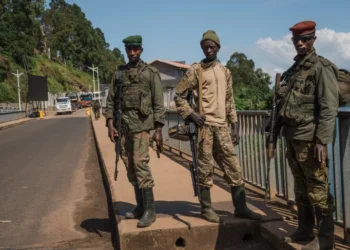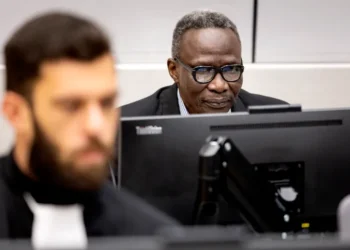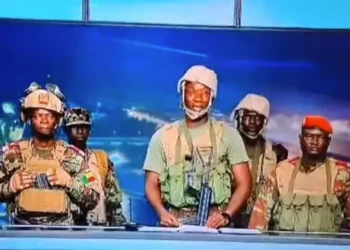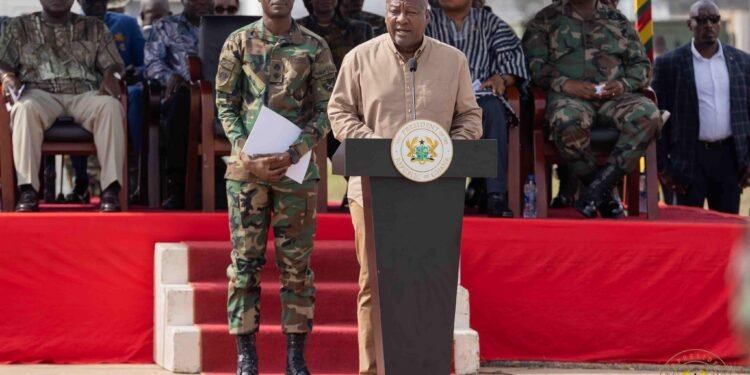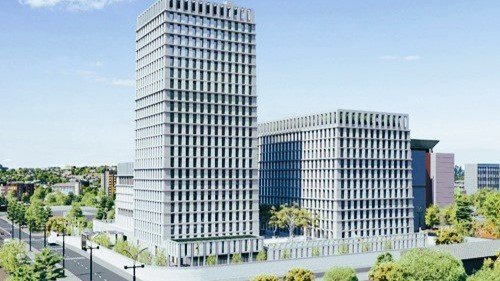South Africa’s former President, Jacob Zuma is facing a potential jail sentence after failing to appear before an anti-corruption inquiry.
Zuma had been called to give evidence to judges investigating allegations of systematic graft during his nine years in power. The 79-year-old had denied any wrongdoing and walked out of earlier hearings.
Raymond Zondo, the Deputy Chief Justice and chairperson of the inquiry, said there was “no valid or sound reason” for Zuma’s failure to appear before the inquiry. He intimated that he would seek an order from the constitutional court that Zuma was in contempt of court and press for a jail sentence.
“This is very serious because if it is allowed to prevail, there will be lawlessness and chaos in the courts. There may be other people who will decide to follow his example when they are served with summons in other court processes.
“If the message that is sent out is that people can ignore or disregard summons and orders of courts with impunity, there will be very little that will be left of our democracy.”
Raymond Zondo
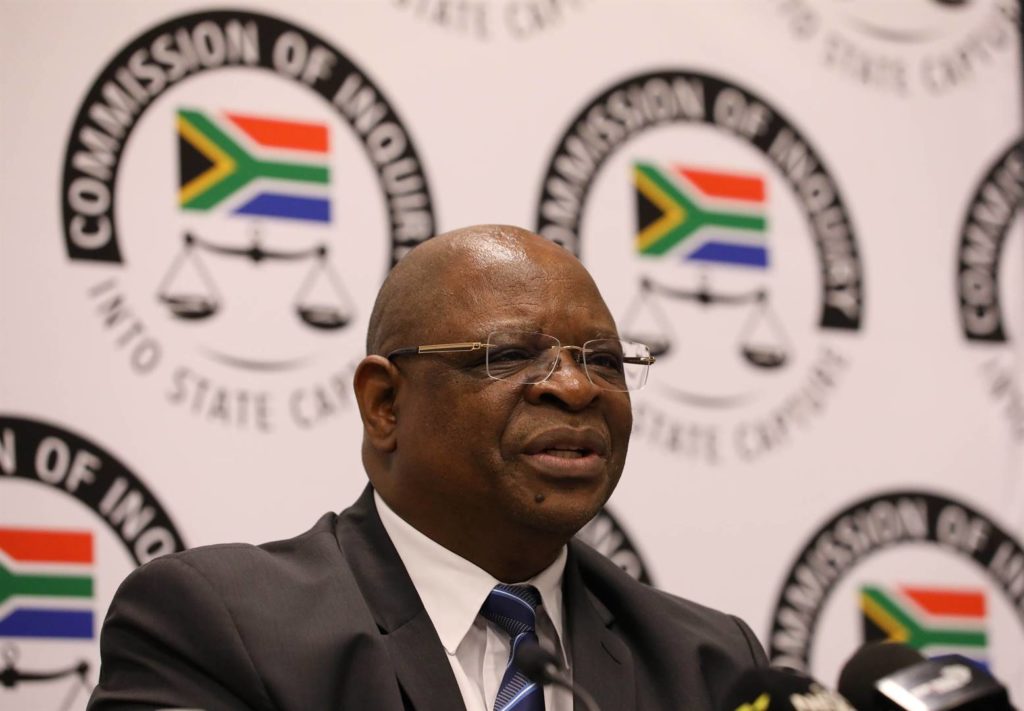
Meanwhile, in a two-page “matter of courtesy” letter, Zuma’s lawyers said their client “would not be appearing before the commission” which had set aside February 15 to 19 for his testimony. They described the former President’s summons as “irregular”, concluding that his refusal to testify should not be “construed to suggest any defiance of a legal process”.
The inquiry was set up after an ombudsman’s report uncovered apparent evidence of improper contact between three wealthy businessmen brothers and senior officials in Zuma’s administration. The report called for an investigation into whether Zuma, some of his cabinet members and some state companies had acted improperly.
The inquiry has also heard a series of further serious allegations from witnesses, describing massive bribes paid to officials by businesses seeking favours. Both Zuma and the businessmen deny any wrongdoing.
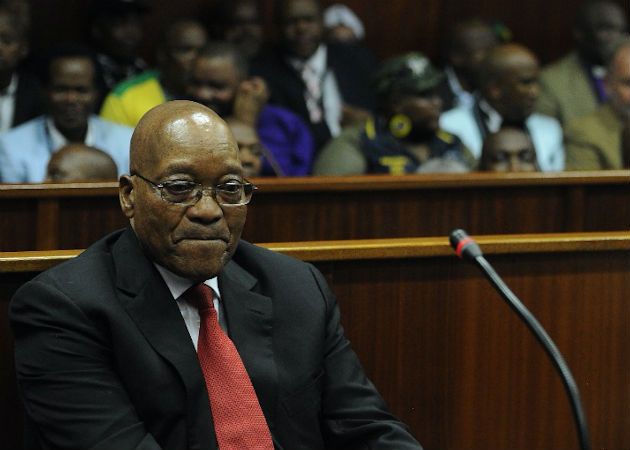
In June, President Cyril Ramaphosa, Zuma’s successor, ordered that evidence presented at the inquiry could be used by prosecutors, potentially opening up hundreds of cases for further action. The court in January ruled that Zuma had no right to remain silent during the proceedings.
Addressing the issue, Richard Calland, a constitutional law professor at the University of Cape Town opined that “Zuma’s strategy has been to push every legal process as far as it can go … but the constitution and the law are holding firm. This is certainly a very serious test, but not a constitutional crisis.
“Zuma is in a corner, and he needs to strengthen his hand. One way to do that would be to create a political crisis by making himself into a victim of the system, a kind of martyr, and so generate political energy and space that he can then exploit.”
Prof. Richard Calland
Zuma faces a separate corruption investigation involving 16 charges of fraud, racketeering and money laundering relating to a deal to buy European military hardware to upgrade South Africa’s armed forces in 1994. He denies the charges.
Read Also: South Africa’s president unveils $60bn plan to boost economy







